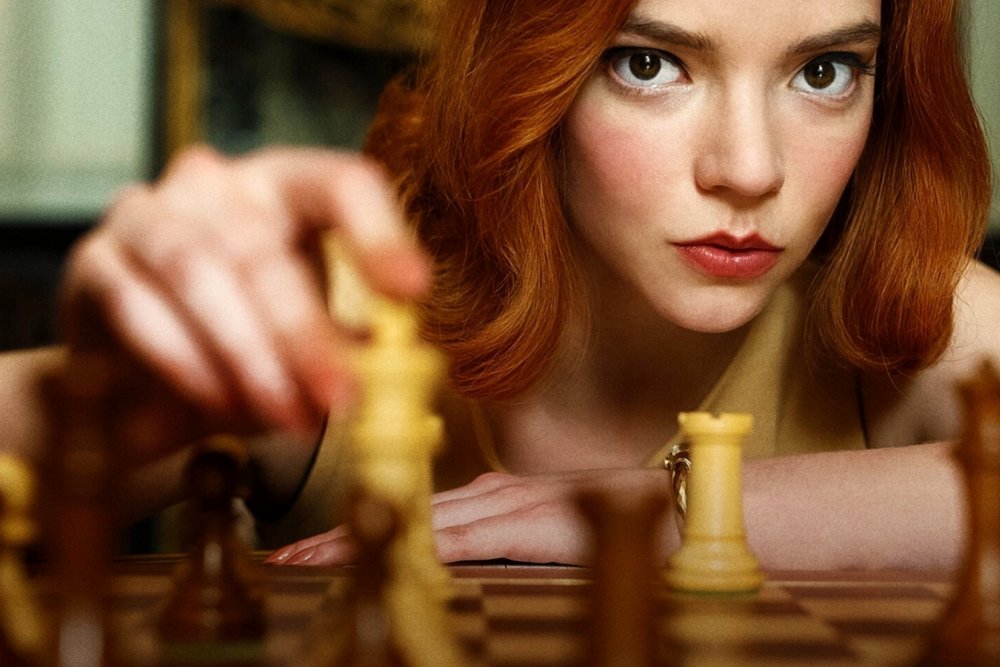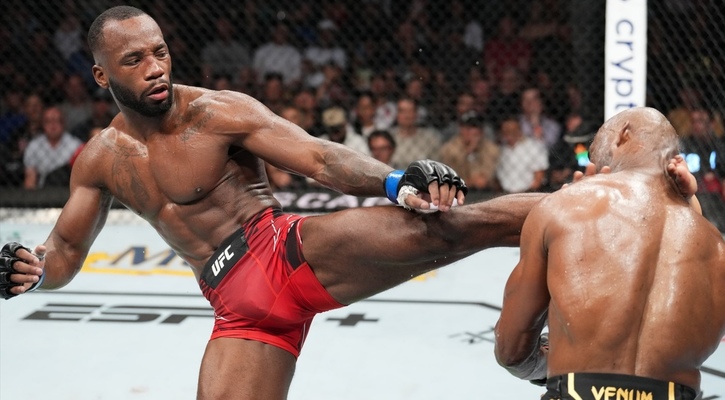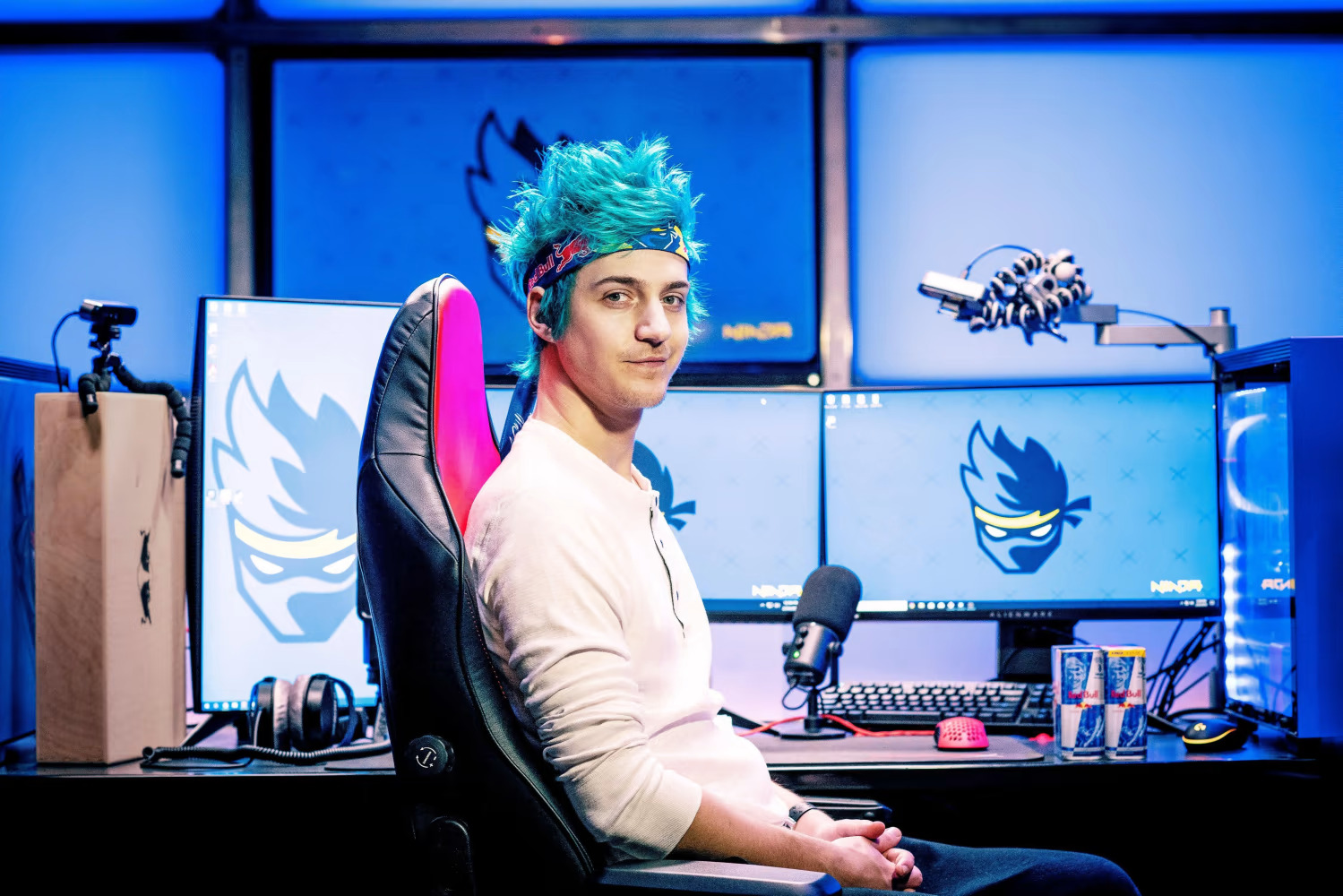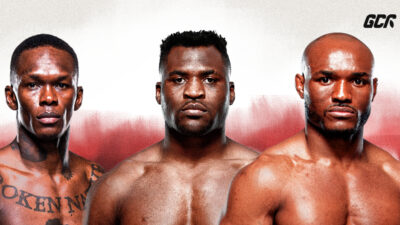When former World Champion Magnus Carlsen resigned from a game against fellow GM Hans Neimann, the chess world was not ready for the storm brewing on the horizon.
But as soon as he dropped that infamous tweet with Mourinho’s “I refuse to speak” meme, the entire world started paying attention.
What followed were fines, allegations, Reddit investigations, and a global frenzy involving devices in intimate body parts. This controversy was the topic of conversation that matched the Spassky-Fischer buzz.
But this newfound popularity of the game has been on the cards in recent years after decades of chess staying away from the mainstream conversation. Let’s explore the factors that contributed to the current boom.
Chess before the Cold War
Commonly known as “the Game of Kings and Queens,” chess has always been associated with the elite class.
The complicated strategies weaved into the interconnected web of openings, end games, stalemates, and checkmates mimicked the realities of kingdoms and diplomacy. As a result, chess never gained much popularity among the masses, the proles.

But during the late 1800s and early 1900s, chess started creeping into schools and movies. Hollywood stars would appear in films with chessboards as props, flanked by cigarettes and a pint of alcoholic beverage.
Subsequently, as monarchies around the world crumbled after both World Wars, this ushered in a new elite class. And as a result, the wealth of chess was redistributed to the masses, with the Soviets championing this game.
Then came the Cold War.
Chess during the Cold War
The Soviets and the West locked horns in every facet of human interaction like war, love, philosophy, and sports—and chess was not exempt.
Every competitive game between the Soviets and the Americans was a once-in-a-lifetime event. The Miracle on Ice, the 1972 Final in Munich, and the Match of the Century featuring Spassky and Fischer.
Going into the tournament in Iceland, the Soviets had held a chokehold on chess for 25 years. Boris Spassky spearheaded the formidable Soviet team with their stoic, business-like philosophy. The Americans placed their hopes on the piquant and unpredictable Bobby Fischer.

After 21 games from July 1 to August 31, Fischer finally won the game 121/2 to Spassky’s 81/2 breaking the Soviet’s dominance and becoming an instant celebrity.
This highly-publicized game led to the peak popularity of chess as a game and an instrument of the Soviet-Western proxy struggle for intellectual supremacy.
Before the internet
After the collapse of the Soviet Union, the Russians took over the mantle of dominance. First came Karpov, then Kasparov, and Kramnik. But due to the dissolution of tensions between the West and East, the significance of chess waned during the 90s.
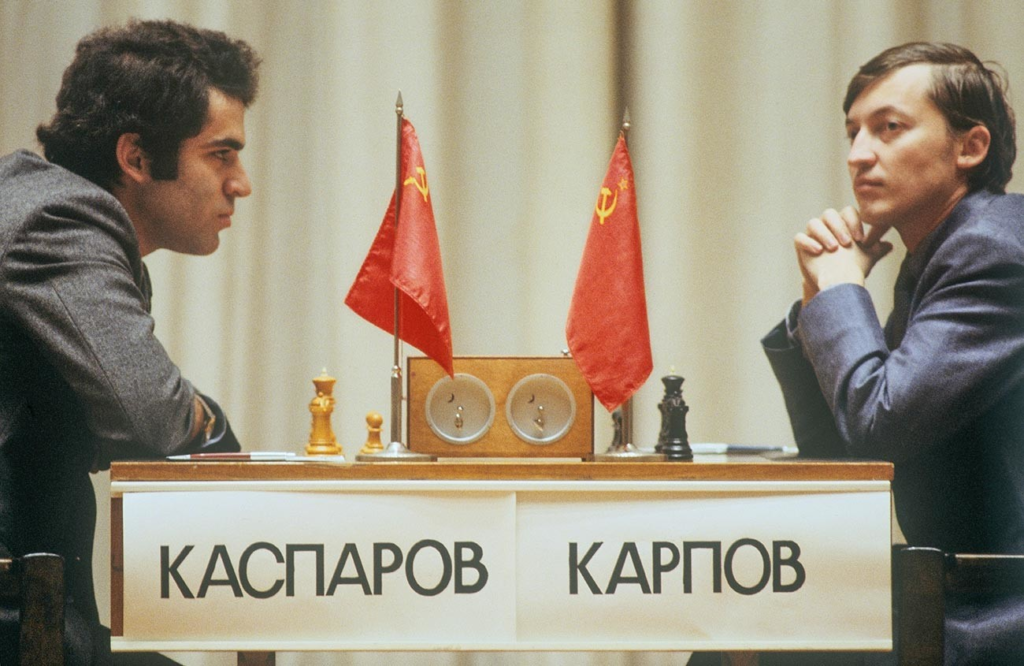
Then came the internet.
Computers came with chess games. Java phones, Symbian devices, and then smartphones made it possible for people to play on the go without carrying boards around. During the 2000s and early 2010s, chess became that one free game you played whenever you got bored at work.
Chess has always been deemed a game for nerds, for gym class rejects who wore specs and sat alone under the Gmelina tree during recess. But streaming changed everything.
The Streaming Era
Platforms like YouTube and Twitch revived public interest in chess. These streaming platforms played a significant role in humanizing grandmasters and former world champions.
Agadmator’s channel started posting chess videos in 2016. The success of this channel opened the door for other channels on several streaming platforms. You can now watch GM Hikaru taking on random people in the park or analyzing games on his channel.
The Botez sisters (Alexandra and Andrea) also broke the glass ceiling and bulldozed their way into the male-dominated genre. Other notable streamers include Gotham Chess (Levy Rozman), GM Hikaru Nakamura, and GM Naroditsky.
COVID-19
Then came the pandemic, and everything stopped. Over-the-board tournaments ceased as people worried about the future of the game and the world.
In the darkest hour for chess in the second decade of the 21st century, Chess.com came up with the PogChamps initiative. This competition featured chess matches between popular streamers coached by grandmasters and international masters.

This immovable object of fans stuck at home and the unstoppable force of the internet’s power, came together in a resounding boom that propelled chess back into the mainstream.
People who’d never played chess watched their favorite internet personalities play the game, and many became interested. MrBeast, QTCinderella, and Ludwig were some of the notable names in this competition. And this popularity peaked when MoistCr1TiKaL checkmated xQc in 6 moves.
Most GMs, including GM Magnus Carlsen and GM Anish Giri, approved of this amateur tournament, claiming it’d bring more eyes to chess. But GM Nepomniatchi (Nepo) shared his concerns about this “popcorn stuff” overshadowing the real stuff.
And seeing the effects of YouTube boxing on real boxing, Nepo might have had a point. But he was dead wrong.
The Queen’s Gambit (2020)
While the PogChamps was going on, Magnus Carlsen was in the middle of a 125-game unbeaten run. For over two years, Magnus didn’t lose a game until October 10, 2020.
As the frenzy was about to die, Netflix released The Queen’s Gambit—a chess-based show detailing the story of a young maverick orphan girl battling sexism, drugs, and a craving for acceptance in normal society. The show was adapted from the 1983 eponymous novel by Walter Tevis.
Beth Harmon’s (Anya Taylor-Joy) eccentricity and charisma endeared her to 62 million viewers around the world. The show played off of popular chess tropes, focusing massively on the West vs. the Soviets as Beth battled against the best Russian chess players in enemy territory.
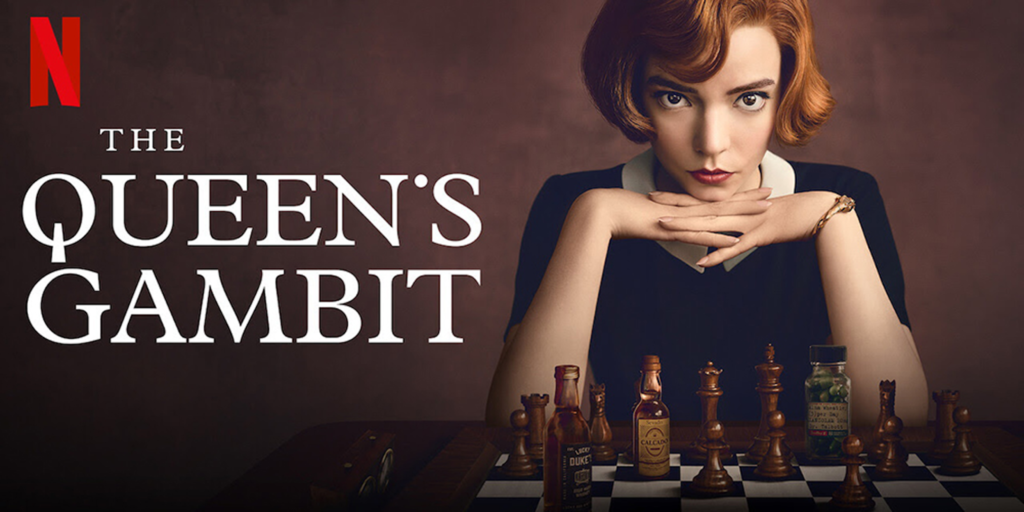
The Queen’s Gambit received massive critical acclaim amongst professional chess players because it recreated famous games that chess practitioners could recognize. The series won 18 Emmy nominations.
For people who didn’t know what a pawn was, the adrenaline from watching Beth Hammond’s flamboyant and aggressive style of play was enough to keep them glued to the telly. This was real popcorn stuff. Whatever she was doing on that board, she was doing it damn well.
Following the show, many people signed up for Chess.com, averaging close to 100,000 new accounts per day at some point. By April 2022, Chess.com had doubled its users to 17 million.
Chess.com bots
Following the chess revival, Chess.com capitalized on the show’s popularity to keep the new audience flocking to the site. Then came the era of the bots.
Chess.com always had regular bots based on ratings. But now, you can play against streamer bots like MrBeast and GothamChess. You can even play Skyweb and PAL 9000 or go against your favorite basketballer, Luk.Ai (Luka Doncic AI).

But none of these bots came close to Mittens in popularity. The wide-eyed cat with an ELO rating of 1 is deceptively good. The streamers loved it; the pros raved about it; the players enjoyed its snarky, quirky remarks.
The constant addition of these relatable bots to the Chess.com bot pool has also made the game more popular and beginner-friendly—which is the core base of the newfound users.
GM controversies
On September 4, 2022, Magnus Carlsen to 19-year-old American rising star Hans Niemann at the Sinquefield Cup. The following day, Magnus withdrew from the competition without providing an explanation. He later posted the now-infamous Jose Mourinho tweet.
This incident sparked a lot of speculation amongst chess fans, players, and commentators: Why did Magnus Carlsen quit?
When Hans Niemann released a video a few days later, admitting to cheating once in online games when he was 12 and another time when he was 16, Twitter went crazy. Even though Hans denied cheating on over-the-board games, the internet was not ready to hear him out.
But Magnus Carlsen said nothing. Two weeks later, the two met again at the Julius Baer Generation Cup in an online game, where Magnus resigned and switched off his camera after one move.
The conspiracy theories
Now the internet was ablaze. With Magnus not providing evidence, speculations ran wild. Some internet detectives even accused Hans Niemann of using anal beads after ChessBrah made the speculation on his Twitch Stream.
Further down the Reddit rabbit hole, you can find more conspiracies about Magnus actually cheating because his rectal device received conflicting signals from Niemann’s apparatus.
Eventually, Magnus released a statement in which he alleged that Niemann’s rise to GM had been uncharacteristic. This statement was not well received in some quarters, with some pundits claiming that such unfounded claims should not come from a seasoned campaigner like Magnus Carlsen.
Chess.com also chimed in, confirming that they’d already banned Hans Niemann for cheating in the past. The company’s Twitter statement also added that his rise was “statistically extraordinary.”
Niemman also criticized Hikaru and Magnus for trying to ruin his career. Some people suggested that both Niemman and Magnus play without clothes to eliminate all suspicion. If that happens, chess will become the number one sport in the world.
The Future of Chess
With Magnus Carlsen relinquishing the crown he held since 2013, Ding Liren (CHN) and Ian Nepomniachtchi (RUS) battled for the vacant championship in 2023. Their encounter became one of the most back-and-forth World Championship games in recent history. After the tie-break, Ding Liren of China became the 2023 world champion.
The popularity of chess is not slowing down any time soon. Combined with the power of streaming, chess will continue to forge deeper into mainstream territory. With events like Celebrity Chess Boxing, more eyes will continue to pour in on the intersection of these two sports at the amateur level.
Despite not being considered real sports, chess and gaming will be coming to the Olympics soon. The IOC has promised to add Chess and Just Dance to the list of events at the 2023 Olympic Esports Series.
Moving forward, artificial intelligence will help pros and amateurs improve their chess acumen faster by suggesting moves capable of catching up with Stockfish. And like gaming and other activities struggling for recognition as real sports, chess will continue to ride this wave of modern popularity.
Who wrote this?
Ugo is a sports enthusiast with an undying love for underdog stories.




